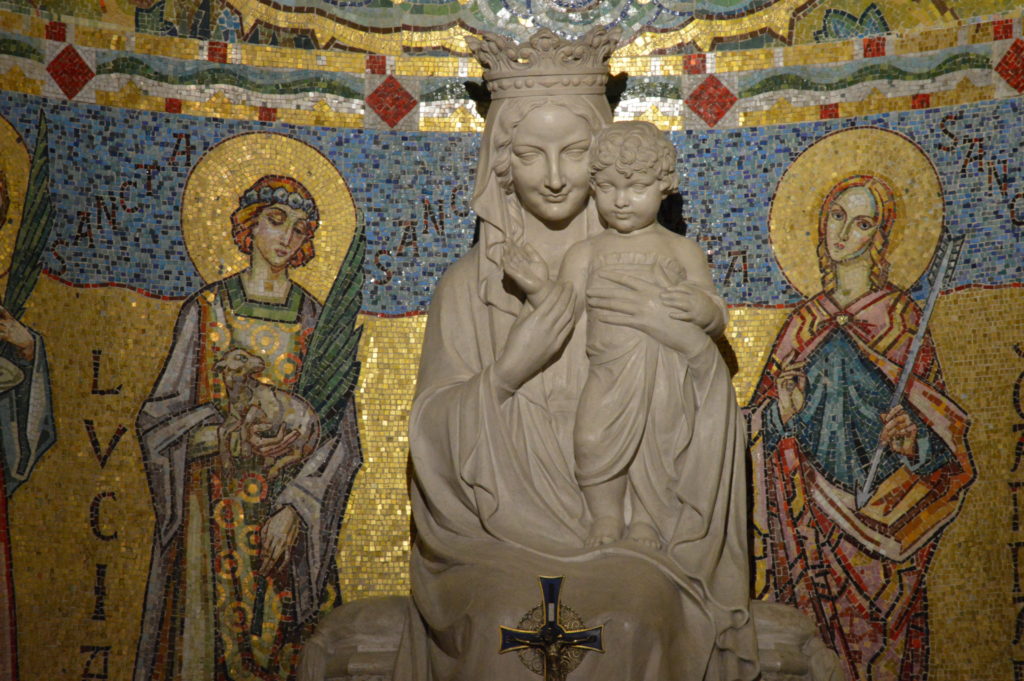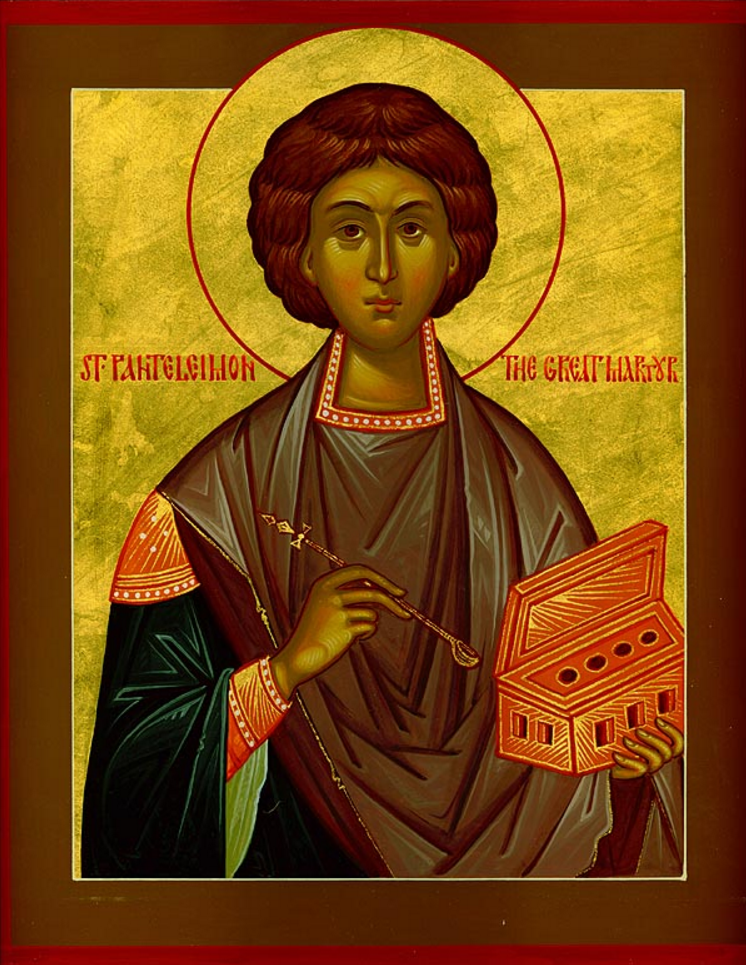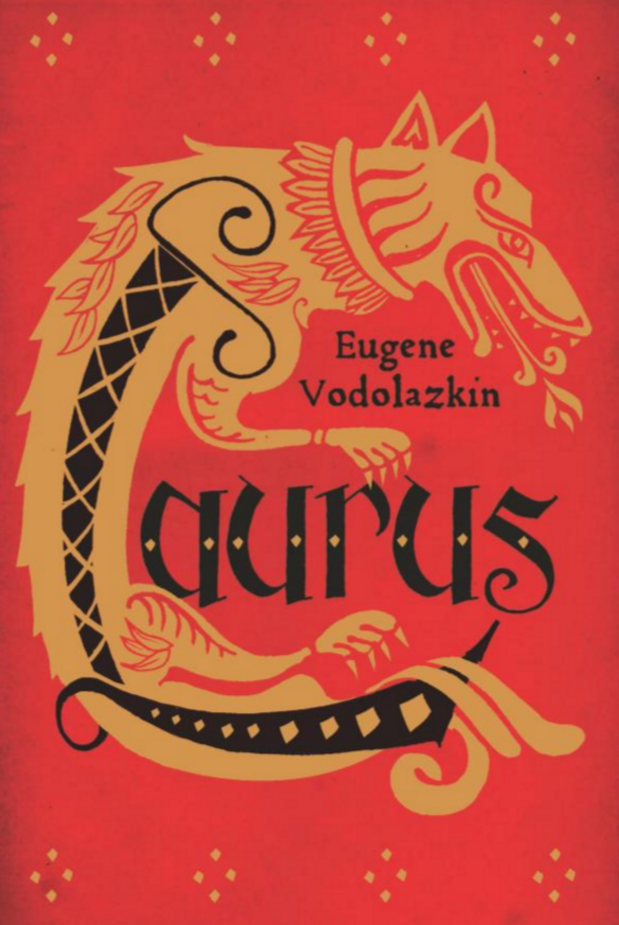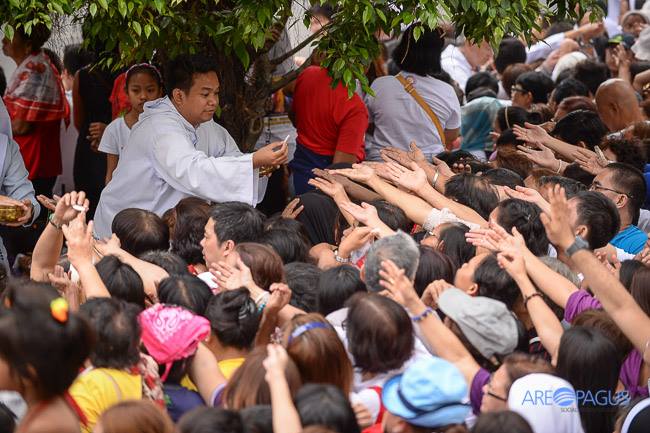There are reasons for posting this letter, as of now an undelivered letter. The reasons will be held silent. A trust in God is requested for those reading.
MAY THE LORD GIVE YOU HIS PEACE!
I have found myself contemplating this letter during prayer time before the Eucharist. I am settling my life into a concentration upon accumulating cash in order to become debt free, worldly responsible and able to completely dedicate my life to prayer. Presenting a timetable, I foresee at least a year, no more than two, regarding the financial endeavor. I am focused upon a Carthusian community in Vermont, Charter House of the Transfiguration, a splendid mountaintop monastery. The community proved inspiring during a recent visit, their charism fitting nicely. They offered the vocation of a Donate, one who lives the Carthusian life, yet does not swear consecrated vows. The terms were dictated by my advanced age of fifty-three years. They are in aging community in need of assistance with manual labor. The contemplative life graced with work endearing, caring for a mountain abode and its forest, appeals on the natural and spiritual level. I will schedule another visit for the summer, extending at least a week. The one aspect of their life a bit disconcerting is the lack of Eucharistic Adoration, a spiritual exercise fundamental to my established ways. For the last two years, I have been exploring monasteries, also experiencing the Maronite Monks of Adoration in Massachusetts. There is no possibility of exploring life with the community as they are strict on age limitations, convinced proper formation is not possible for one advanced in age. Abbot William, an American founder of the Lebanese centered Church, has established quite a charming monastery calling forth the ideal type of contemplative life as I envision it. Yet if one thing life has taught me, in my advanced years, is that my vision is not always acute. I am convinced I must decrease in order for God to provide the proper increase.
During prayer at St Paul Shrine, the realization arose that I experienced a wonderful prayer life with the Franciscan Brothers Minor. The community prayer always proved profound, the twice daily Adoration stellar in effect. While visiting the Maronites, I met a man originally from Cleveland that I came to name John the Hermit. We have continued in conversation, discussing many things, one of them being his short experience discerning with the Franciscan Brothers Minor. He is far from a perfect man, yet his insight and commitment to a religious life has produced a fruitful mind. We agreed the prayer life inspired greatly, while he informed me the community was becoming involved in brothers embracing the hermit life. I have remotely stayed in tune with the Franciscan Brothers Minor, watching videos produced by the community, noticeably coming to mind the Marian series and the exhilarating adventure in Costa Rica. Whose heart could not be lifted when comprehending the Franciscan Brothers Minor ventured into prophecy and the fulfillment of a two-hundred-and-fifty-year promise?
I would like to address the complexity of my departing and episodes after this time. I returned for an apology to Father David Mary, yet there is more to be said. I have grown immensely in self-awareness since my time of parting. One of the things I have grown to understand about myself is a fierce anger brewing within me throughout my life. I have been hard on myself, as well as others; inner-turmoil staining my adult life and thus bizarre and unstable behavior. The outer man never came close to living up to the faith, hope, and charity of the inner man. I have worked with a therapist extensively here in Cleveland, and I was working with a spiritual director. We have drifted apart, yet as I move forward, I will approach the priest once again if the call demands. I am committed to daily Mass, still centering myself at St Paul Shrine in Cleveland, a blessed cloistered community of Poor Clares dedicated to the Eucharist. The sisters, and tending Capuchins, are deeply bonded in my prayer and social life. This coming Sunday will be the birthday celebration of Father Roger, a Tanzanian priest who I have witnessed, experiencing his welcoming to the United States, and in the ensuing years establishing a solid priest to lay person relationship. I am humbled, proud, and honored to cater his fiftieth birthday party at the Shrine, a gathering in which Father Roger will share slides of his family and hometown he procured during a summer visit. He is a humble, quiet, simple priest, sound in formation, genuine in maturity; an effective priest penetrating in his spiritual direction. Father Roger will serve as an excellent reference. Today after Mass, I supplied him with written information, providing guidance toward the new video series ‘The Service of Authority and Obedience’, suggesting the lectures by Father David Mary, Brother Joseph Maria, and Brother Fidelis Maria. I will have much more to say about Brother Fidelis’ presentation.
I am confident of my personal development, patient with myself, while brutally honest in appraisal. There will be no emotional apologies, nor heart rending promises. I am who I am and with the ugly comes some good. God must be trusted. The anger I feel is dissipating more and more from my life. I am a work in progress. The self-knowledge shapes what I have come to see as my charism, the refinement of myself through prayer and obedience. I recall once, Father David Mary conceding that I could enjoy a life with the friars without becoming a speaker, relinquishing the idea I would ever be able to lecture or inspire with spoken words. To him it was shrouded with possible disappointment for his extroverted ways could not fashion a religious life without being an impressive personality to others. Judgmental and vindictive as I was, I thought NO that is not my call to be a public speaker, a celebrity in my own mind. God calls me to a contemplative life of prayer—that is without a doubt. In fact, life with the Brothers Minor exhausted me as I was not ready for all the evangelizing and socializing. Psychologically there was too much healing to be conducted. Our lady Undoer of Knots had her hands full with me. Her novena has become a regular routine within my efforts toward peace. I was not ready for the public life the Brothers Minor placed me within. The Carthusian way of life appeals profoundly; wooing my heart with words such as the greatest spiritual gift we can give one another is silence. Yet where I only found conflict and judgement within the community of Brothers Minor, negating the fact the prayer life created an inner presence I have never come close to duplicating, I turn my focus upon Brother Pio, soon to be Father Pio. I always sensed there was extreme grace forming his life, combined with the natural passion, dedication and discipline that would allow him to excel in the religious life. I was always convinced he was going about his formation impressively. I contrast my failures with his success, witnessing and learning. Where I saw such a stark black and white contrast, unwilling to concede or make peace with the extroverted life, I now submit to grace. I have no desire or call to do great things, or to be an impressive personality. I admire the fact the Carthusians, an order producing holy anonymous religious men, are proud of the fact that never once did a Carthusian rise to the papal office. That takes mature contemplation to comprehend. It is an order dedicated to not doing great things, and this is a call difficult to embrace; the exercising of a deep trust in God, while not conceding to the heresy of the Quietist. I reflect upon the words of Brother Pio in his lecture in the ‘Service to Authority and Obedience’ that a holy life calls forth action, that to stop at contemplation is not completing the mission. Anyway, I am convinced the act of non-doing, silence and a simple hidden life of anonymity, labor, and prayer—the life of St Joseph, cannot be discounted as improper action. However, it is not a matter of me being right, rather an opening of myself to Divine Will. I seek a community to allow further development on an inner and outer level, also understanding I am older and set in ways I do not even comprehend. The Maronite vocational director stressed this nicely in his explanation that the formation they sought to instill within a man was not conducive to one advanced in age.
I would like to end this video focusing on the lecture of Brother Fidelis. First though admitting to personal weakness. There was a part of me, the cynical neurotic individual seeking the worst in others, who started viewing the videos with the wicked intent of exposing selfishness and incompleteness, individuals focused upon themselves rather than a greater glory—a preoccupation with reputation, an obsession upon legacy, the pursuit of one’s self—a lack of penetrating self-knowledge. Through repeated viewings, it was myself who was deconstructed and broke down. There was no doubt of authenticity. It became obvious the Holy Spirit was working through the Brothers Minor, gracing immense wisdom and knowledge—attained through committed proper study and preparation, and the gifted means to articulate the message. I listened to Brother Fidelis’ lecture while driving to communal Adoration prayer at St Paul Shrine on Saturday afternoon, already having conducted an early morning Mass and splendid Holy Hour at St Dominic church in Shaker Heights. It was an unseasonably warm day, the sun shining bright, perfect driving weather. Starting about the twenty-fourth minute of the lecture, traveling upon the highway, a dreamlike sharpened sensitivity overcame me as Brother Fidelis words pierced and penetrated. I knew God wanted me to hear these words, to comprehend them, and be open to them, BE OPENED—EPHPHATHA, to take them in and process them for the sake of strengthening. Condemnation, or trivial knowledge amassing, was NOT the point. Within love and healing, God graced an awareness these words were important to my future. The underdeveloped male he quoted Dr Conrad Baars identifying was the story of my life. I accept this, understanding God has been lifting me through this throughout the last decade. I have been and am working on an undeveloped psychological state of being, an emotionally deprived individual, for whatever reasons, a man lacking the ability to receive affirmation. I am convinced grace is the key to unlocking, rather than a deep personal analysis and deep preoccupation with self-dissection. Possibly trivial yet I believe not, I would like to comment that Brother Fidelis seemed to point to the authoritarian structure of the Church, since the Enlightenment, as the critical factor in deforming men, specifically priest, yet I am convinced by this time the men have already been psychologically formed. The psychology of an individual is established during the formative years as a child and teenage years. Possibly, he is saying the strict and individual stifling manner of the Church’s in forming priest was not able to provide the proper means of healing priest raised in the modern world. The important thing I drew out of the revelation is that with the advancement of time, the passing of years within an ever-increasing secular, materialistic, and pop culture oriented world, men are enduring severe psychological trauma. Men of all walks and ranks are being psychologically damaged. In regard to living a holy and happy life the results are devastating. I was moved when Brother Fidelis pointed out that many of the under-developed priest who managed to perform their duties could not engage as joyful, deeply fulfilled men. Interiorly, something was amiss, distance and coldness presented when interacting.
I witness my father, the son of a German union truck driving alcoholic, a volatile bombastic man. He suffered through the separation of his parents around the age of three, moving with his critically ill mother to an idyllic Ohio farm of his maternal grandparents, only to be ripped from the farm once his mother died and my grandfather showed up claiming custody with his new young wife. A horrible custody battle would ensue. May God rest his soul, my father, a good and loving man, proper in heart, yet brutal in temper, was inflicted with an internal rage. Those raised as his children would assimilate the pent-up anger erupting during private moments as normal behavior. Underdeveloped men are becoming more and more prevalent, while becoming prolific—fathers raising sons, as well as priest tending to the flock of Christ. The sins of the father are unconsciously inherited. I, myself, have raised a son, comprehending I have done damage, yet God is good and all giving. Only through grace has my son become a good man, an engineer with a master’s degree, capable and growing in experience in his professional life, while sober, moral, and conscientious in his personal life. Spiritually, he observes, trending toward an open mind, the embracing of teachings focused upon individual transformation, the name Eckhart Tolle he mentions often. I am proud of my son, grateful for the glory of God. My mind goes to the words of Brother Fidelis identifying the proper lesson of a superior teaching obedience. The superior must, in order to be efficacious, ‘teach the obedient one to be conscious of his existence, leaving the anonymity of the technical secular world, to know themselves as they are, to be known as a unique individual created in the image and likeness of God, to be esteemed and loved’. I truly feel my call is to become a psychologically developed man, able to love God according to the grace endowed thus joyfully share that love with his fellow man, breaking the bonds of personal imperfections and the effects of being raised and living within the Culture of the Provisional—a world committed to self-pursuit, misguided comfort and ease: the childish ways of man.







Recent Comments